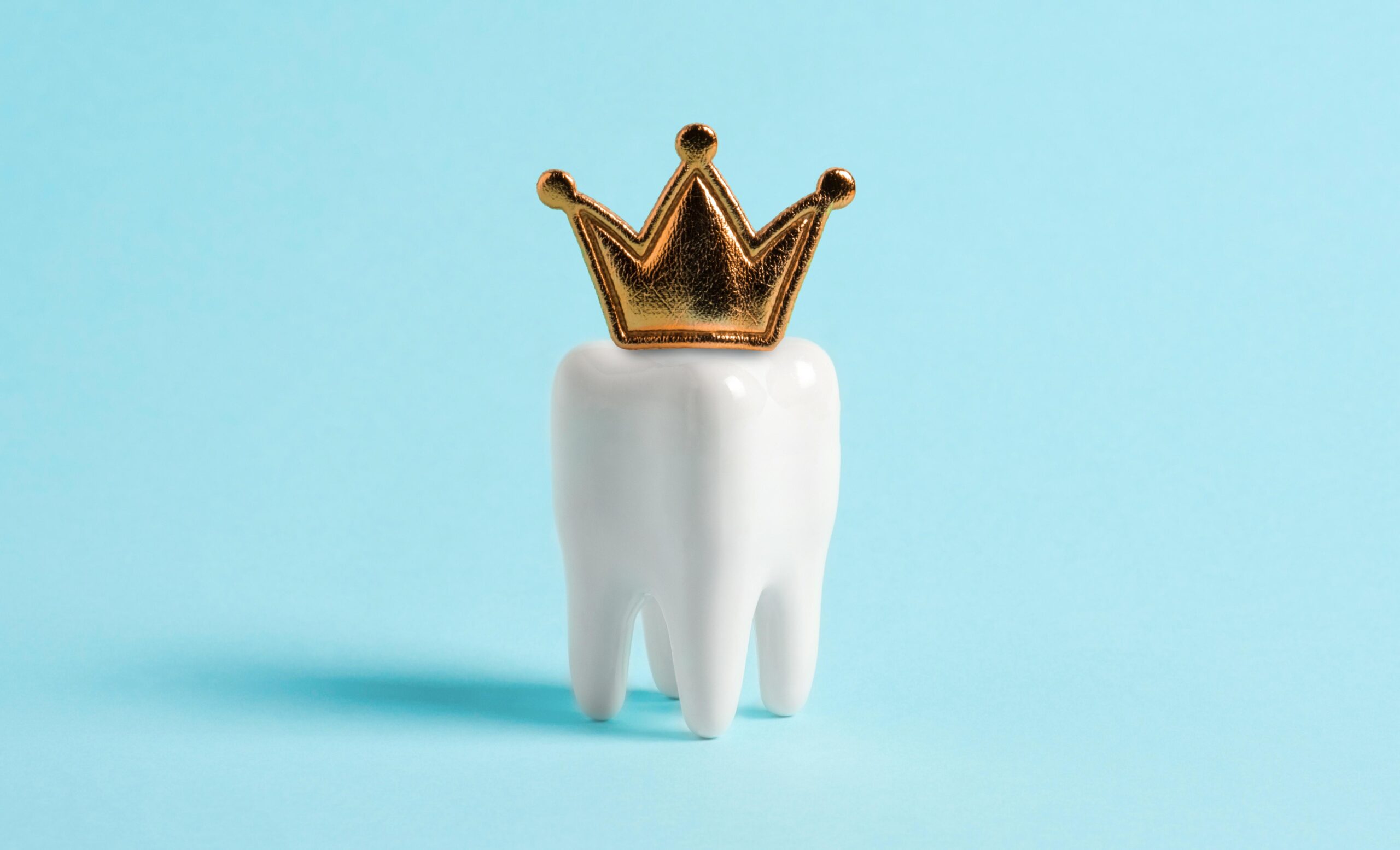RISK FACTORS FOR GUM DISEASE
Posted on Feb 17, 2015
Children are often told that if they do not learn to practice proper oral hygiene, they run the risk of developing cavities; while this is true, there are many other complications that may also arise as a result of poor oral hygiene. It is important to brush and floss your teeth each day and to see your dentist Belmont regularly in order to prevent one such complication—gum disease. However, even with ideal oral hygiene, some people are at greater risk of developing this condition. Read on to learn about the risk factors for gum disease.
Children are often told that if they do not learn to practice proper oral hygiene, they run the risk of developing cavities; while this is true, there are many other complications that may also arise as a result of poor oral hygiene. It is important to brush and floss your teeth each day and to see your dentist Belmont regularly in order to prevent one such complication—gum disease. However, even with ideal oral hygiene, some people are at greater risk of developing this condition. Read on to learn about the risk factors for gum disease.
Tobacco Use
Whether you smoke cigarettes or cigars or use chewing tobacco, you put yourself at risk for a number of health problems with tobacco use, including heart disease and cancer. Those who use tobacco are also at an increased risk for gum disease; tobacco use may actually be one of the most important risk factors when it comes to the development and progression of periodontal disease.
Whether you smoke cigarettes or cigars or use chewing tobacco, you put yourself at risk for a number of health problems with tobacco use, including heart disease and cancer. Those who use tobacco are also at an increased risk for gum disease; tobacco use may actually be one of the most important risk factors when it comes to the development and progression of periodontal disease.
Stress
Like tobacco use, stress is associated with a variety of conditions; unlike tobacco use, however, stress is not necessarily an optional element of your life. Stress can cause high blood pressure and cancer in addition to gum disease, and it can inhibit your body’s ability to resist infection. If you find that you are experiencing excessive levels of stress, talk to your doctor about what kind of changes you can make in your life. Consider exercising more frequently or practicing controlled breathing and meditation to control your stress levels and reduce your risk for gum disease.
Like tobacco use, stress is associated with a variety of conditions; unlike tobacco use, however, stress is not necessarily an optional element of your life. Stress can cause high blood pressure and cancer in addition to gum disease, and it can inhibit your body’s ability to resist infection. If you find that you are experiencing excessive levels of stress, talk to your doctor about what kind of changes you can make in your life. Consider exercising more frequently or practicing controlled breathing and meditation to control your stress levels and reduce your risk for gum disease.
Other Conditions
Gum disease may occur as a result of other health conditions. Conditions such as diabetes, arthritis, and cardiovascular disease impact your inflammatory system, which can have a negative impact on the gums. Other dental conditions, like bruxism, can also lead to the development of gum disease as well as act as a catalyst in its progression. If you are worried about how a health condition is affecting your gums, consult a periodontist to learn about your treatment options.







